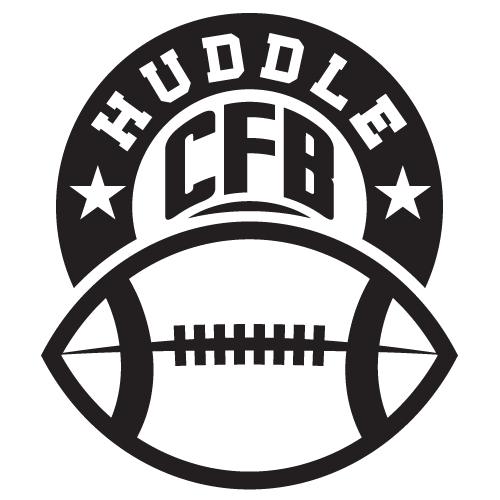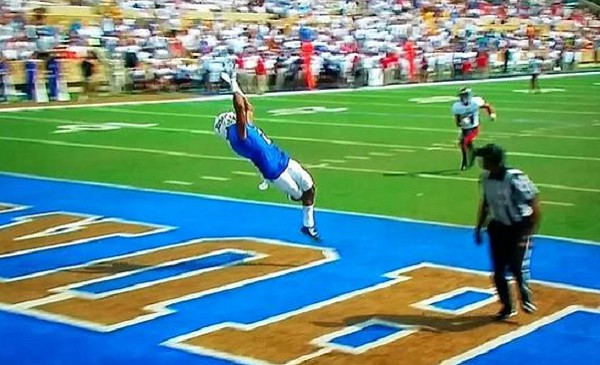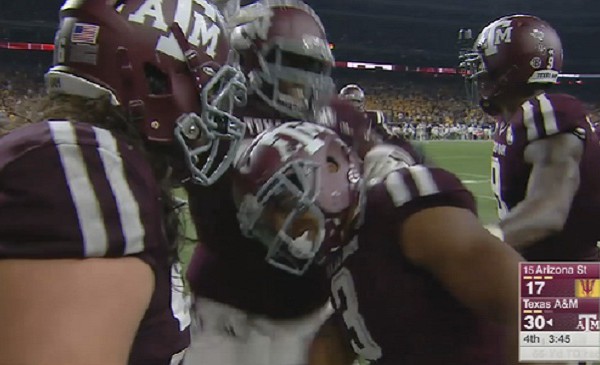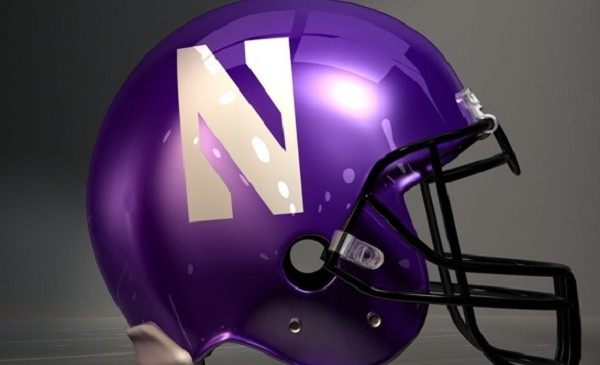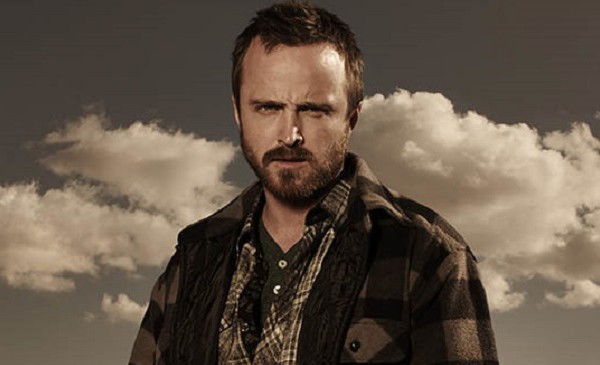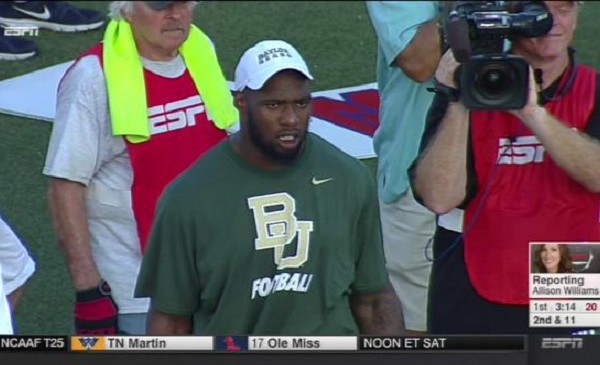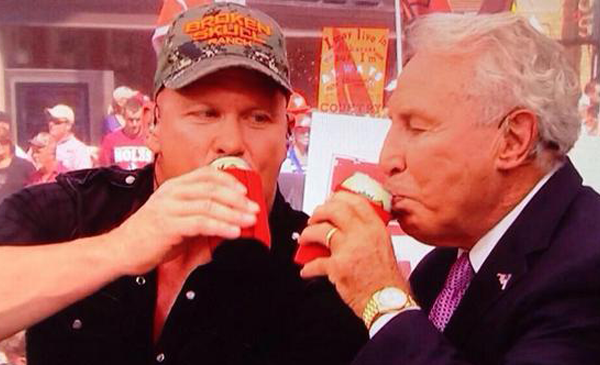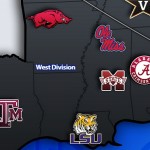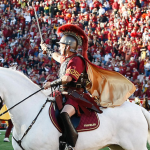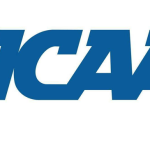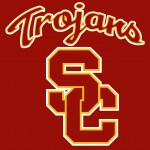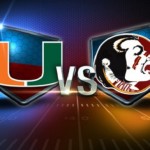The release of 200 pages of previously unseen documents in the NCAA’s case against USC, and specifically former running backs coach Todd McNair, is kindling for the torches Trojan fans bear against the NCAA.
As the NCAA fought to seal internal memos and emails last fall, representatives for college sports’ governing body argued the release would compromise future investigations. Well, duh. And it should.
“We will not have the ability to provide meaningful assurances to witnesses that their statements will be confidential,” said Laura Wytsma in October, via the Los Angeles Times.
Small wonder the NCAA wanted its case against Todd McNair kept private: The documents depict, at best, a handwringing, Pollyanna crusade to prop up idealism that have never really existed in college football.
Per the Los Angeles Times, University of Missouri law professor Rodney Uphoff claimed to have lost sleep for three nights because, he “fear[ed] that the committee is going to be too lenient on USC on the football violations.”
Losing sleep over USC’s sanctions? The allegations against Todd McNair, one of Pete Carroll’s premier recruiters at the peak of the Trojans’ dominance, accused him of facilitating Reggie Bush’s family with an agent.
A committee member — even a nonvoting member such as Uphoff — losing sleep on the matter is peak naivety.
At worst, the conversations officials had regarding Todd McNair went full-scale witch hunt, as Shep Cooper’s comments demonstrated:
“As [infractions committee member] Roscoe [Howard] said at some point during the Sunday morning deliberations, individuals like McNair shouldn’t be coaching at ANY level, and to think that he is at one of the premier college athletes programs in the country is outrageous,” Cooper wrote Feb. 22, 2010. “He’s a lying, morally bankrupt criminal, in my view, and a hypocrite of the highest order.”
Severe stuff, and in the context of a post-Jerry Sandusky college football landscape, the level of outrage seems ludicrous.
Now, bringing up Penn State and the horrors that the program’s former defensive coordinator perpetrated wades into muddy waters that some of the outspoken USC defenders have gone off into. Penn State received the harshest penalties given to any Div. I football program since SMU’s death penalty in the 1980s, surpassing the two-year bowl ban and three years of scholarship reductions USC endured.
At least, initially. The NCAA since walking back many of those sanctions reignited the USC fan base, particularly after athletic director Pat Haden went to the NCAA seeking a break from the final year of the Trojans’ three with limited scholarships.
However, to call USC and Penn State’s situations apples and oranges is misplaced, because at least apples and oranges are both fruits. The NCAA intervened in the judicial system’s jurisdiction, broadening the definition of “lack of institutional control” to unprecedented levels.
The initial four-year bowl ban and crippling scholarship limitations given to Penn State were a response to public outcry to act on the football program that a truly morally bankrupt criminal called home.
A more apt comparison to USC’s situation is the nearly four-year investigation the NCAA carried out against Miami, based on the allegations of convicted Ponzi schemer Nevin Shapiro — another individual to whom “morally bankrupt criminal” more accurately applies than it does to Todd McNair.
Miami self-imposed bowl bans for two years, but avoided the mass scholarship reductions that were the true punishment levied against USC.
As one program after another either evades harsh penalties or has sanctions reduced, as has been the case at Penn State, Miami, Mississippi State and North Carolina, the frustration at USC mounts. The release of the Todd McNair documents won’t assuage any hard feelings, nor should it.
But at the same time, USC’s recourse is limited. Todd McNair’s lawsuit against the NCAA is strengthed; he won’t get back the five years of collegiate coaching opportunities he was cost, nor he can undone some of the damage inflicted on his reputation. But he’ll likely get monetary compensation, and perhaps get a chance to return to the college game, where his services as a recruiter would be in high-demand.
As for USC as a football program, this changes very little. The 2004 season’s national championship and Bush’s 2005 Heisman should both be recognized, though those are cosmetic changes. USC can’t be awarded the 30 scholarships it lost, nor play in two additional bowl games.
There isn’t a ton of housecleaning to do within the NCAA. The organization changed leadership in 2010, just a few months after USC’s sanctions were handed down. Unfortunate irony is that had the process been delayed just a while longer, Mark Emmert’s NCAA would have deliberated over USC’s fate — that’s the same NCAA that went easy on Miami and back-tracked on Penn State.
Some would contend Pete Carroll would have remained USC’s head coach a while longer without the impending doom of sanctions. I doubt it. Today’s high-profile is inherently nomadic, and the NFL courted Carroll’s professional return for years before he took the Seahawks job.
Even without the threat of sanctions, Carroll was coming off a wildly disappointing 2009, and the outlook for 2010 wasn’t significantly brighter. Remember, USC finished just 8-5 in Lane Kiffin’s first season, predating the implementation of scholarship reductions.
Carroll faced a rebuilding phase with or without sanctions, and USC isn’t a program that likes rebuilding. In much the same way some have suggested Nick Saban is getting agitated with the self-imposed standard of excellence at Alabama, Carroll hit a plateau that was impossible to maintain. I suspect that, like Carroll, once the Crimson Tide hit a lull of failing to reach 10 wins, Saban is done.
Aside from the damage done to Todd McNair personally, the only differences I envision in an alternate universe where USC is never penalized so heavily are playing in a mid-tier bowl game in 2010; going back to Autzen Stadium for a 2011 Pac-12 Championship, and having more depth in 2012, which potentially extends Lane Kiffin’s tenure.
USC may have had a better record in 2012 as a result, but does anyone trust Kiffin to lead a national title contender?
